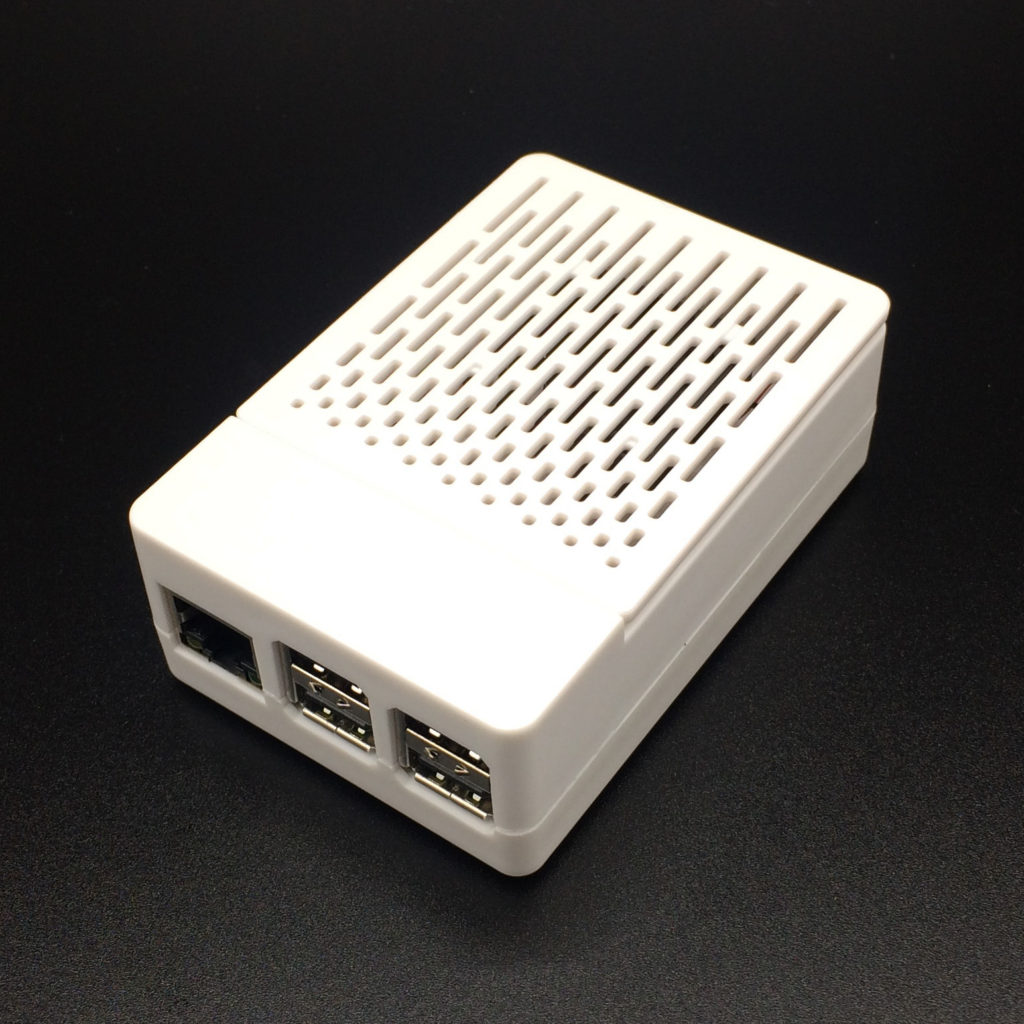

- Raspberry pi unifi controller install#
- Raspberry pi unifi controller update#
- Raspberry pi unifi controller software#
This means you can then control your home network from the cloud without needing to punch holes in your firewall.įirst off, visit your Raspberry Pi’s controller software by visiting the Unifi software’s port. Basically it watches your network for devices, and then reports these back to the cloud based Unifi service. The Unifi Cloud Control software works in a pretty cool way. Setting up the new controller and migrating Now let's login to the controller via the local host on the machine The Unifi controller software runs it’s own instance of Mongo when it starts up, so you don’t need this running as well. So let’s disable this from starting at boot time. We don’t want that running on your nice clean (and resource constrained) Raspberry Pi.
Raspberry pi unifi controller install#
Ubiquiti really only needs the JDK, so if you install just the JDK at the same time as the Ubiquiti controller software, apt-get will figure out that you don’t need the full Java runtime.Īgain in the terminal, type the following sudo apt-get install unifi oracle-java8-jdk –yįinally, when installing the Unifi controller software, you might notice in the screenshot above you also end up installing MongoDB. Now what we need to install is the Oracle Java8 runtime, along with the Ubiquiti software. echo 'deb stable ubiquiti' | sudo tee -a /etc/apt//100-ubnt.list > /dev/null Installing the Ubiquiti softwareįirst we need to add the Unifi package list to the Raspberry Pi. Now we’re ready to setup the Ubiquiti software.

Raspberry pi unifi controller update#
Plug in your Raspberry Pi and start it up.Ĭonnect to your local network or wifi and fire up a terminal session to update the OS. Next you can download software to flash Raspbian onto your SSD: The first thing you’ll want to do is download the lastest version of Raspbian from the Raspberry Pi site: The migrate a controller host onto a Raspberry Pi you’ll need a few things first. Geeking out aside, another bonus is that you can also run other stuff on your Raspberry Pi at the same time when you’re done. This has been a nice way of running the software without paying $79 for a Ubiquiti Unifi Cloud Key, but it does mean you’ve got to run an extra host whenever you’re administering your access points.Ī Raspberry Pi is an awesome replacement for a virtual machine, and isn’t as pricey as a Cloud Key. When I first setup my Ubiquiti Access Points I setup a VirtualBox host on my home server to run the Ubiquiti controller software on Ubuntu. Luckily you can run this software on a range of hardware – and a $35 Raspberry Pi is just the ticket. Being commercial gear the Ubiquiti APs do have one annoying requirement: you need to run controller software on your network to monitor and control the access points through Ubiquiti’s cloud based controller software. The Ubiquiti AC-PRO access points in particular are in the category of “next level” consumer gear, and after installing them i’ve never looked back. Ubiquiti WiFi gear is becoming well known as the go to brand for nerds wanting to have home WiFi that competes with commercial set ups.


 0 kommentar(er)
0 kommentar(er)
